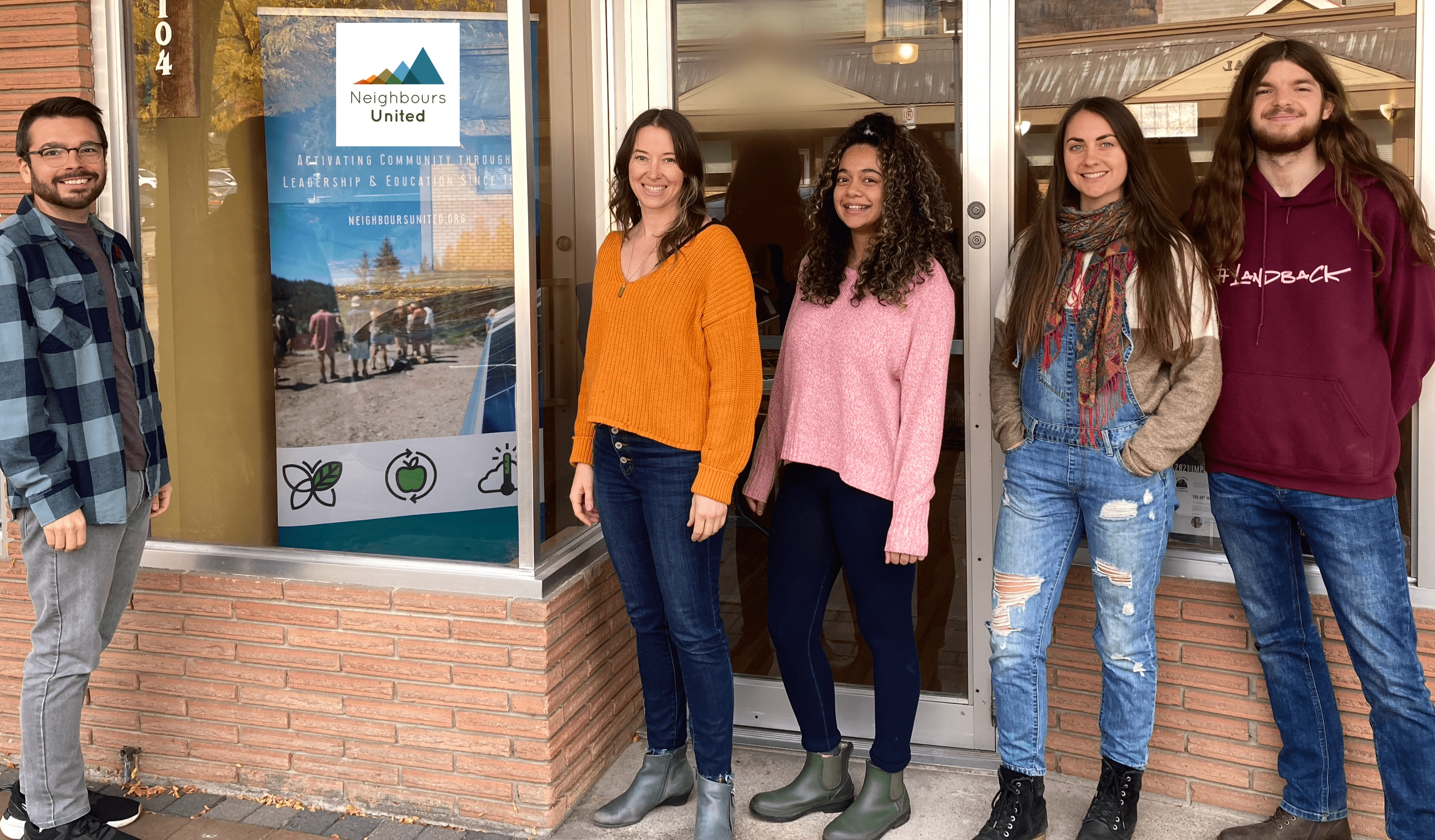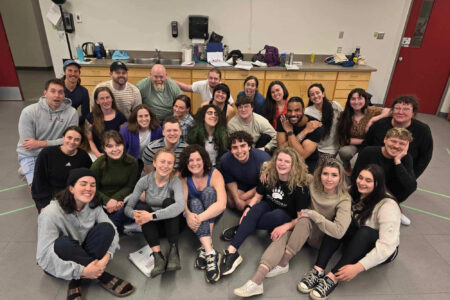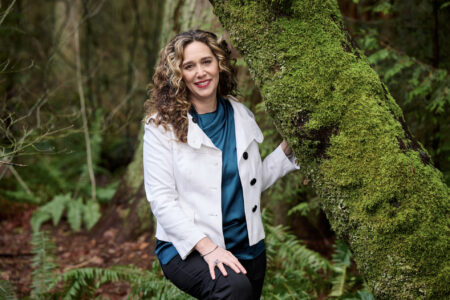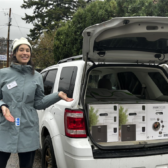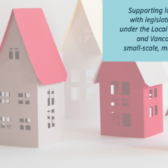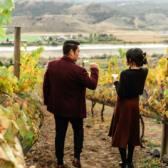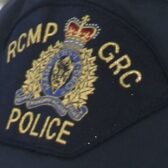Neighbours United Takes a Lead in Community Organizing
West Kootenay EcoSociety, a local leader in community environmental organizing, has recently undergone a name and branding change.
The organization, now Neighbours United (NU), still has the same mission, says Executive Director Montana Burgess.
“Our goal is to bring local residents together to protect the natural environment and build just, equitable, livable communities. Our mission is the same, but how we do it has changed.”
The name reflects the important work the organization does in communities.
“One of our biggest organizational strengths is our ability to bring together people with different views and work together on common goals. We know we need to work together as neighbours, so the name NU made a lot of sense for where we were at,” says Burgess.
In her leadership tenure, Burgess has moved the organization’s work to be less “Nelson-centric.” The organization has grown immensely.
“When I started, we had 3,000 supporters, and now we have over 20,000. Part of that has been from taking a more regional approach. Our former name, the West Kootenay EcoSociety, made sense in 1994 when we were founded. Making our work more regional is the biggest change I tried to bring in,” says Burgess.
The name change process took two years, and board, staff, volunteers and members were engaged to get their input and draw out common shared values and themes.
“We’ve had overwhelmingly positive support for the new name. In general, people have been excited about an updated name, so that feels good,” says Burgess. “This name better reflects who we are now.”
The new name is rooted in one of the organization’s programs, says Natasha Edmunds, Organizing Director of NU.
“We used NU as our project name when we started deep canvassing on the doors in an industry town. Now we’ve moved forward with that name.”
Deep canvassing is a tactic that has been used for over fifteen years in the United States to change public perception on issues like transgender rights, same-sex marriage, immigration, and healthcare.
“When we started organizing in industry towns around getting municipalities to commit to the transition to 100% renewable energy by 2050, we found we needed to do things differently,” says Edmunds. “We heard of a tactic called deep engagement canvassing where through storytelling and compassionate curiosity, you can support people to resolve their internal conflict about an issue and move them to be more in favour of it.”
NU is now leading the charge in deep canvassing nationwide.
“NU is the first group in Canada to use deep canvassing and the first group ever to develop a long-term deep canvass on climate and energy,” says Edmunds.
Edmunds explains what this looked like on the ground.
“We started door knocking and phone calling in an industry town, Trail, listening to folks’ concerns about what a transition to renewable energy and government or collaborative action on climate change would mean to them, their families and their way of life. We found it important to acknowledge their community identity.”
It’s fulfilling work, says Edmunds.
“This work feels significant: creating inclusive conversations where people feel heard and have the opportunity to discuss issues that they may not often have the opportunity to discuss.”
And the organization has seen results.
“Through these conversations, we were able to move over one in three people to become more in favour of collaborative action on climate change. In April, the city of Trail passed a resolution to commit to 100% renewable energy. It was an exciting moment,” says Edmunds.
Deep canvassing was at the heart of this success. Edmunds explains.
“Deep canvassing has been essential in building and expanding our support and making people who are working to support their families feel more included in environmental policy. This is essential in building climate solutions that work for more people.”
Burgess says working with communities to support the transition to 100% renewable energy was a complicated, challenging, and collaborative process.
“It blazed an incredible foundation for regional collaboration on local government climate action. I’m proud of that. That’s the kind of role we can continue to play both in the region and other places. I’m excited to keep working on positive, meaningful solutions, which we so desperately need in this polarized time,” says Burgess.
NU started a magazine two years ago called Living Here. Living Here is an online publication that highlights the positive solutions coming out of our rural communities around healthy living, clean energy, land stewardship, and strong rural economies. The magazine mirrors and amplifies the stories the deep canvas team hears in small rural towns.
“Both the deep canvas and Living Here amplify the voices of people in small towns who are connected to wild spaces and to the climate in different ways,” says Edmunds.
Connect with Neighbours United by visiting its website:



